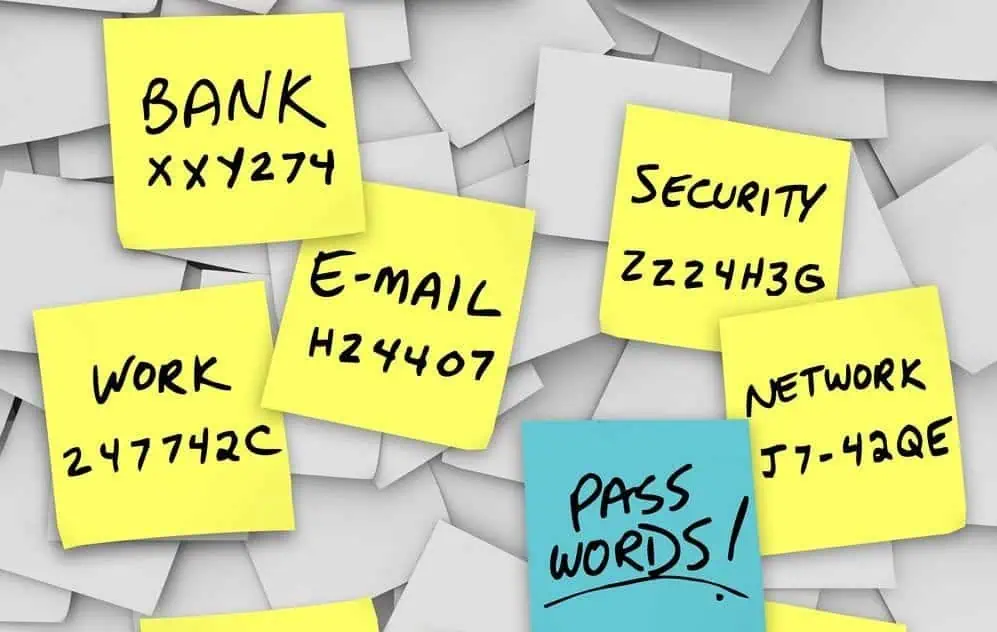These days many of us live our lives almost entirely online. That means a lot of loose digital ends when our physical life ends. Just think about it: subscription services, online banking, PayPal accounts, Bitcoin profit, utility accounts, not to mention social media and email.
The question of how to deal with your digital life after death is becoming a key consideration for people like lawyers and financial advisors. After all cleaning up the maze of accounts, email addresses, and subscriptions will be necessary for the effective closing of your estate.
Too many of us still have our heads stuck firmly in the sand when it comes to thinking about getting digitally in order; most people don’t even understand how many digital assets they will be leaving behind.
Taking Stock of Your Digital Assets
Just as you have to analyse all of your physical and financial assets when preparing to write your will, you should also itemise your digital assets so that they can be appropriately dealt with after death. For some people, this will be as simple as some photos and videos, a social media account or two, and an online banking profile. For others, however, it can be so much more.
Firstly, you should make a list of your social media accounts and email addresses. Do you have any that are purely for spam or non-important things? Or, more importantly, do you have any that are linked entirely to the big things like insurance policies or PayPal accounts? Think about which your executors are likely to need access to. Some providers, like Google, allow you to automatically designate someone to manage your inactive accounts. Their Inactive Account Manager feature lets you decide how long your account must remain inactive for them to get access (the default is 3 months) and to choose what information they get access to (in case there are things you wish to keep private even after death). For some other accounts, you might need to write down your email addresses and passwords. Likewise, some social media accounts, like Facebook, let you designate a Legacy Contact who can manage your account, but not access it fully or delete it. If you want them to be able to remove it, you will need to leave your login details for them. Finally, consider all subscriptions and financial accounts, and if you have any digital financial assets it is wise to undertake a digital profit review. Find out what you need to do to pass on all your digital financial assets when the time comes.
Implementing Your Wishes
There are many companies who will let you designate a person to manage your accounts in the event of your passing, but sometimes managing your digital life after death isn’t so easy.
First and foremost, however, you need to have a UK will in order, and you will need to leave instructions for your executors. With simple things like email addresses where you cannot automatically nominate an inactive account manager, you should leave the details, but do not include the details in your will as this will be made public after it has been officially read and implemented. It may be wise to have a separate document or to use a service like LastPass to keep all passwords together for sending to your nominated person.
When choosing who should administrate your digital estate, do not just think about who you trust (though that is key), but also about who will be capable of navigating the technological work you have set them. If needs be you can even designate two people two work in tandem. Technological intelligence becomes more important if you have, for example, bitcoin wallets as well as more traditional online assets.
Finally, for those companies and service which require explicit consent from you (some will ask for this even if your executor contacts them, which could lead to a lengthy verification process) you should write up letters of authority. Name your appointed representative, give them permission to act on your behalf, and sign these letters in front of witnesses (who should also sign the letters). Just remember to keep these safeguards and documents up-to-date, and change them whenever you change your will.
None of us can ever truly be prepared for death, but when you have the right measures in place, you can make it less trying for your loved ones. Make sure your digital life is easy to clean up after death; start thinking about the future today.

